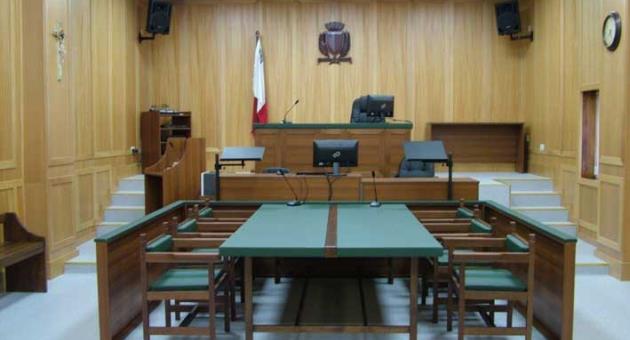
Robert Abela has been pressuring judges and magistrates to hand down harsher penalties for crimes. He’s said people are disappointed by the courts and it is thanks to their lacklustre performance and their lenient attitude that he’s scared to let his daughter walk the streets alone. He said judges and magistrates should stop giving light sentences and to give a message to society that crime does not pay.
You’ve seen responses to the prime minister ranging from that he shouldn’t be speaking to magistrates behind closed doors, to that he should change the laws if he thinks punishments are too light, to that he should be focusing on things in his control, like the weakness of the police and the prosecution service before leaning on an institution that is Constitutionally meant to be free of his interference.
Then this court decision was handed down yesterday. It was a case against a former employee of the bus company. In 2017 she was charged after it was found that bags of money she collected from bus users which she was supposed to deposit for the company went missing. The missing amount was about €17,000. The police stepped in after the bus company complained asking the force to investigate and to please get them the €17,000 back.
In the intervening 6 years – 6 years! – the court heard 14 witnesses and reviewed all the evidence.
There was no doubt in the court’s mind that the woman who used to work for the bus company stole the €17,000. The evidence, the court found, was irrefutable.
I know you can feel a but coming.
But.
The police had not charged the accused with theft. They had accused her with misappropriation instead. Now the criminal code says that if a court cannot convict someone for theft they might fall on a misappropriation charge. But since the police raised no theft charge, the magistrate said she cannot find the accused guilty of misappropriation.
The accused walks free. And. And she gets to keep the €17,000.
The Magistrate who decided the case was Donatella Frendo Dimech.
Robert Abela said an unnamed magistrate discussed with him privately decisions taken by the lower courts. Maybe the magistrate who had done so might continue that conversation and brief the prime minister on how what must at best be describe as a bureacratic error has allowed Walter White to keep the cash. How’s that for sending out a deterring signal that crime does not pay?